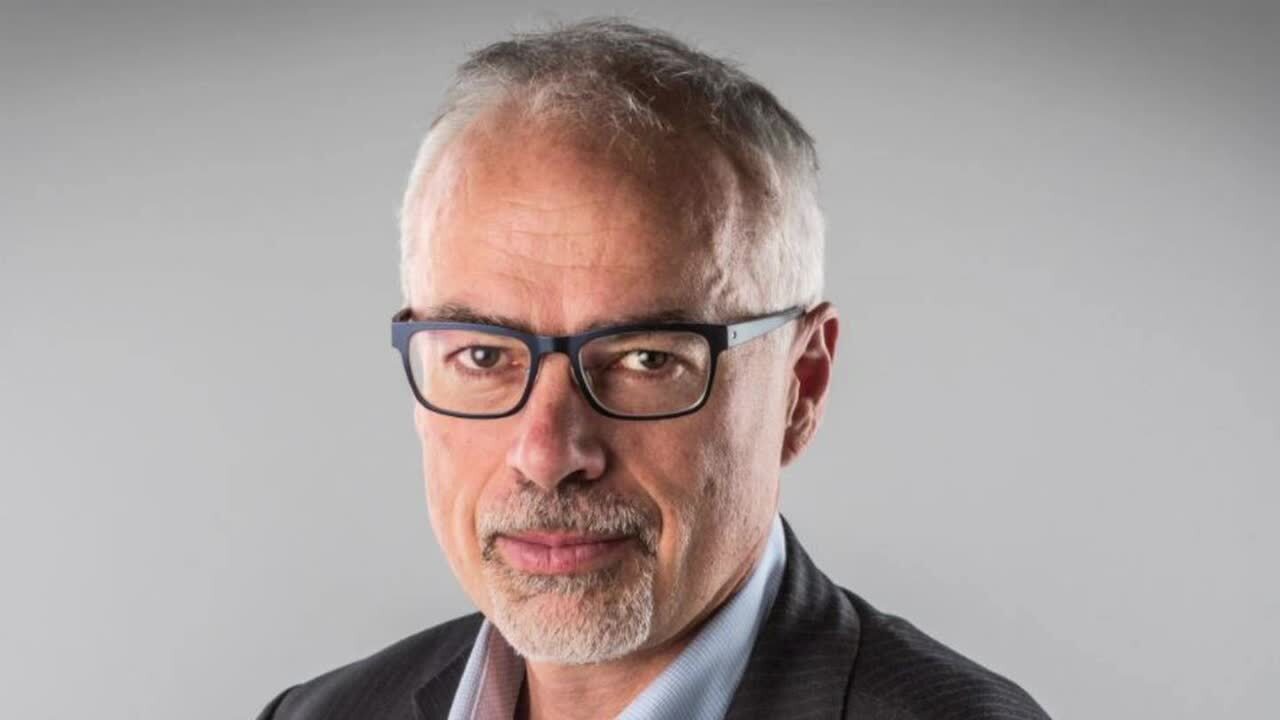
The Royal Commission of Inquiry into Covid-19 Lessons Learned, announced in December, will look at the response's impacts - including on health, education and the economy.
It was about to enter its next phase, hitting the road to meet face-to-face with frontline health workers, teachers and others involved in the response. The rest of the public would get the chance to contribute in November.
Commission chair, epidemiologist Professor Tony Blakely, said there was a risk the public engagement stage could get caught up in electioneering.
"I think there's many other things the public want to be interested in in the pre-election period," he said.
"We will engage after the election and over the summer and into early 2024. We think that is the best timing to have a discussion about a pandemic that was tough for all of us, and we want to have those discussions in a considered manner."
The inquiry team spent the first few months going through the many existing reports on aspects of the pandemic, and were continuing to talk with senior government officials in places like the Department of Prime Minister and Cabinet and the Ministry of Social Development.
But it was also important to get around the country and speak to people from many different walks of life who were involved in the response, Blakely said.
Public submissions would mostly be via online when they opened in November. But there would also be some invite-only forums and hui so the commission could make sure it had heard from people with a wide variety of viewpoints and experiences.
The commission was investigating in a non-adversarial way, without formal, legal hearings, instead opting to gather evidence and information itself.
"We'll be talking with people, side by side, around the table and also getting the public of New Zealand to offer in their inputs and experiences and lessons learned," Blakely said.
The goal was to learn as much as possible before the inevitable next pandemic.












